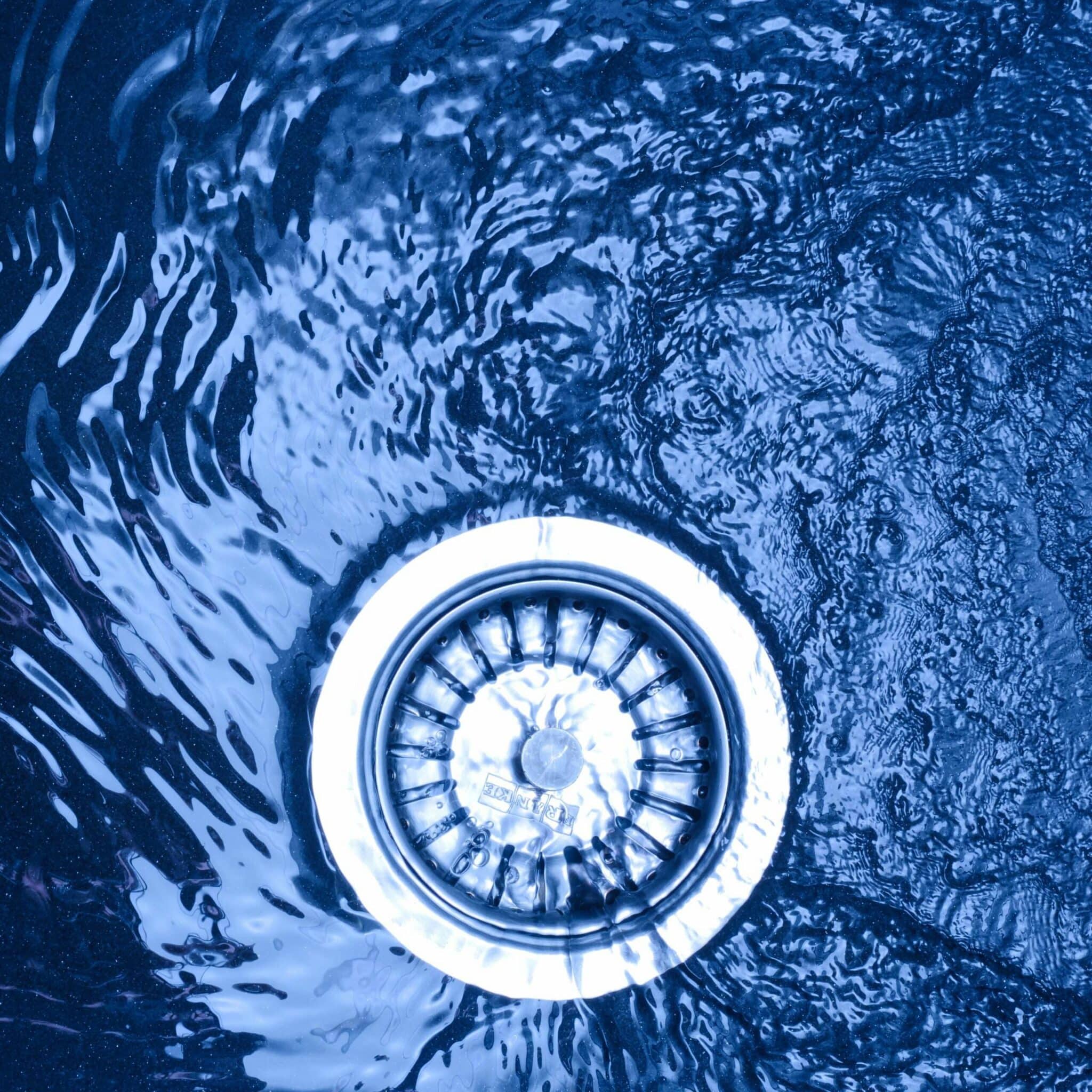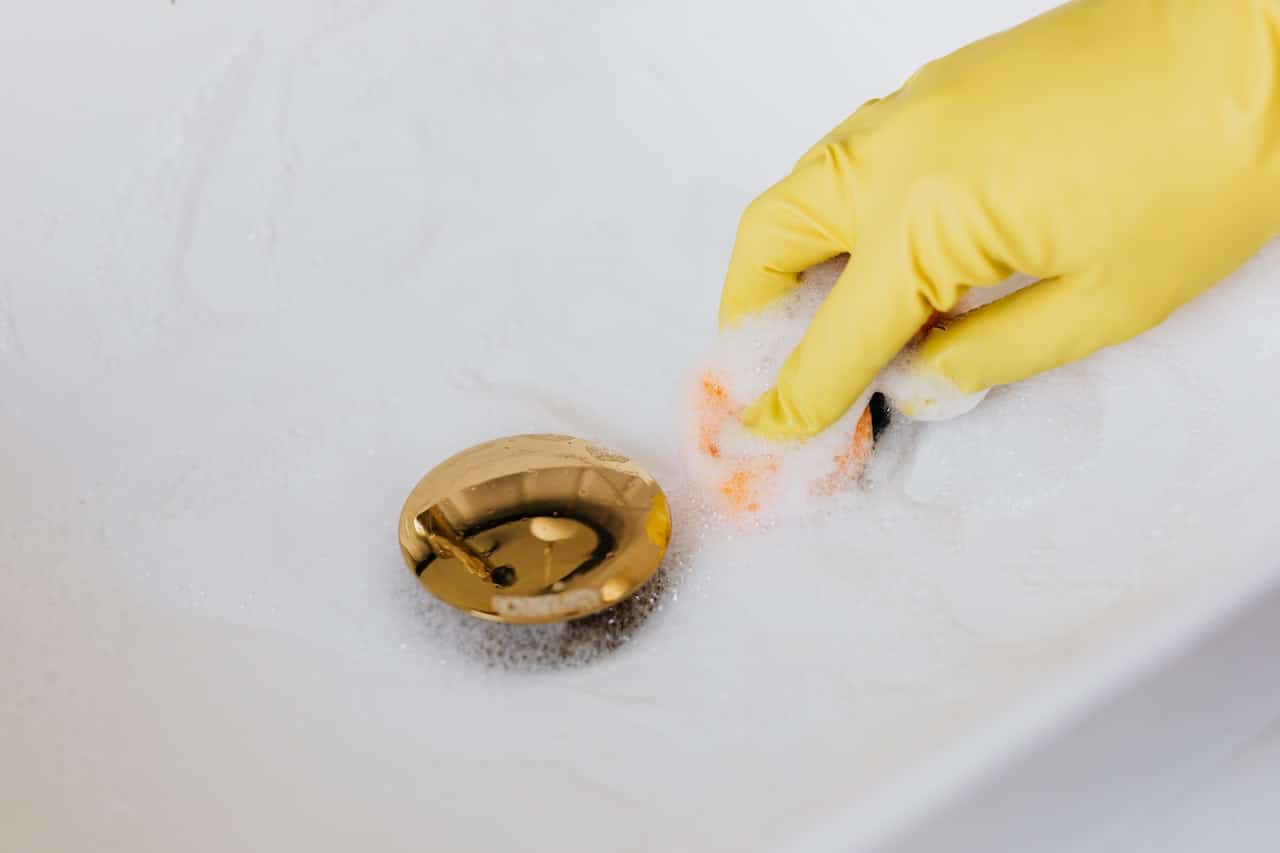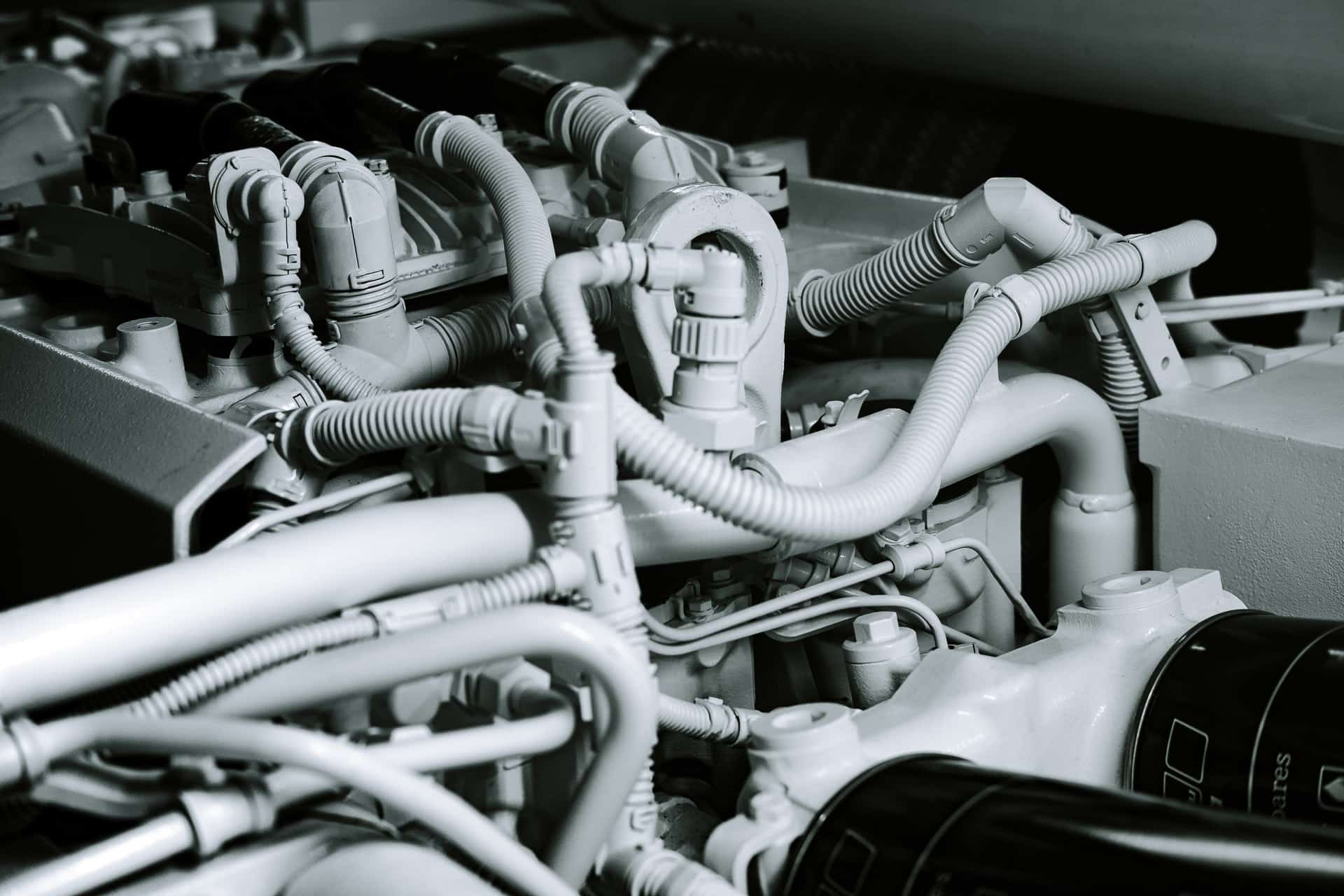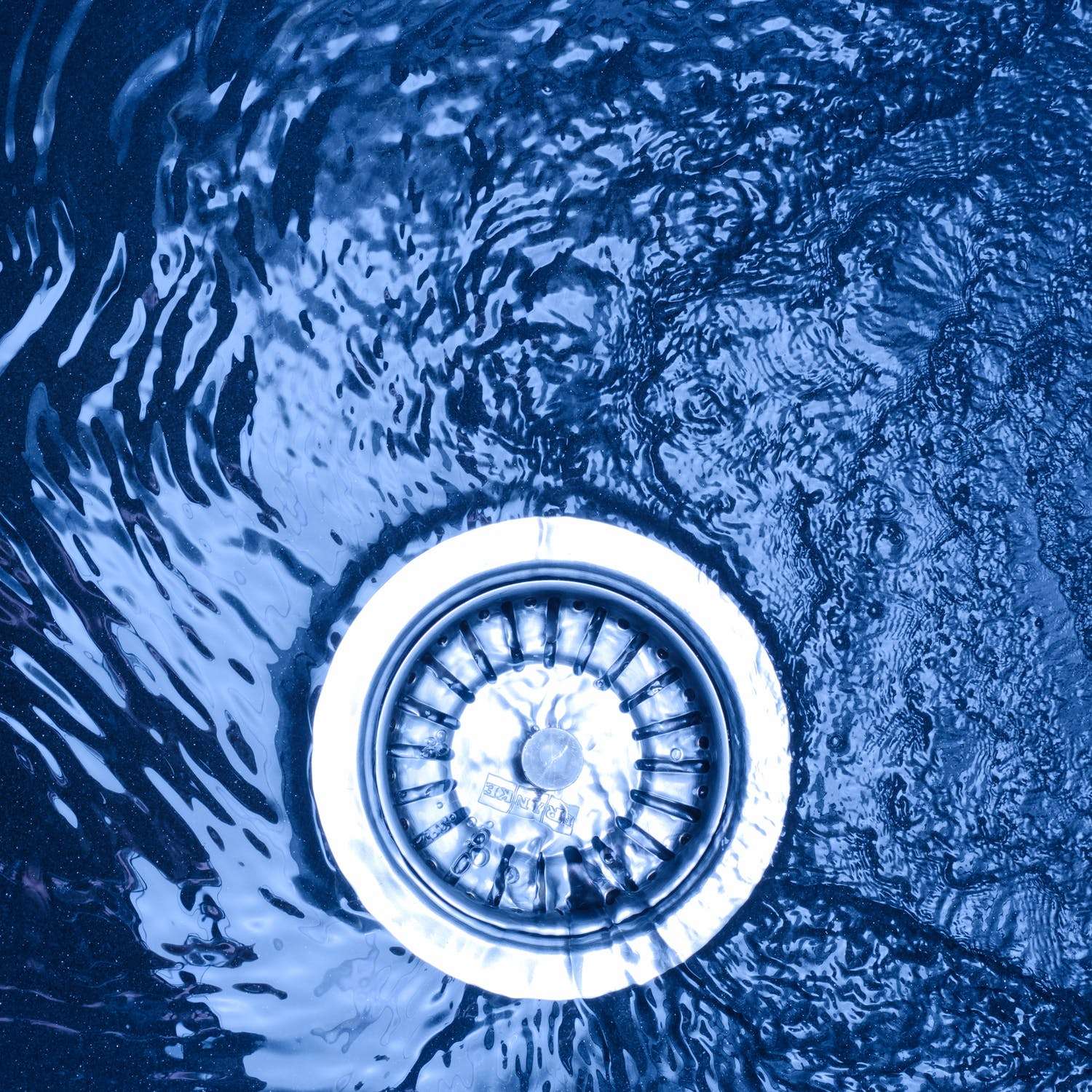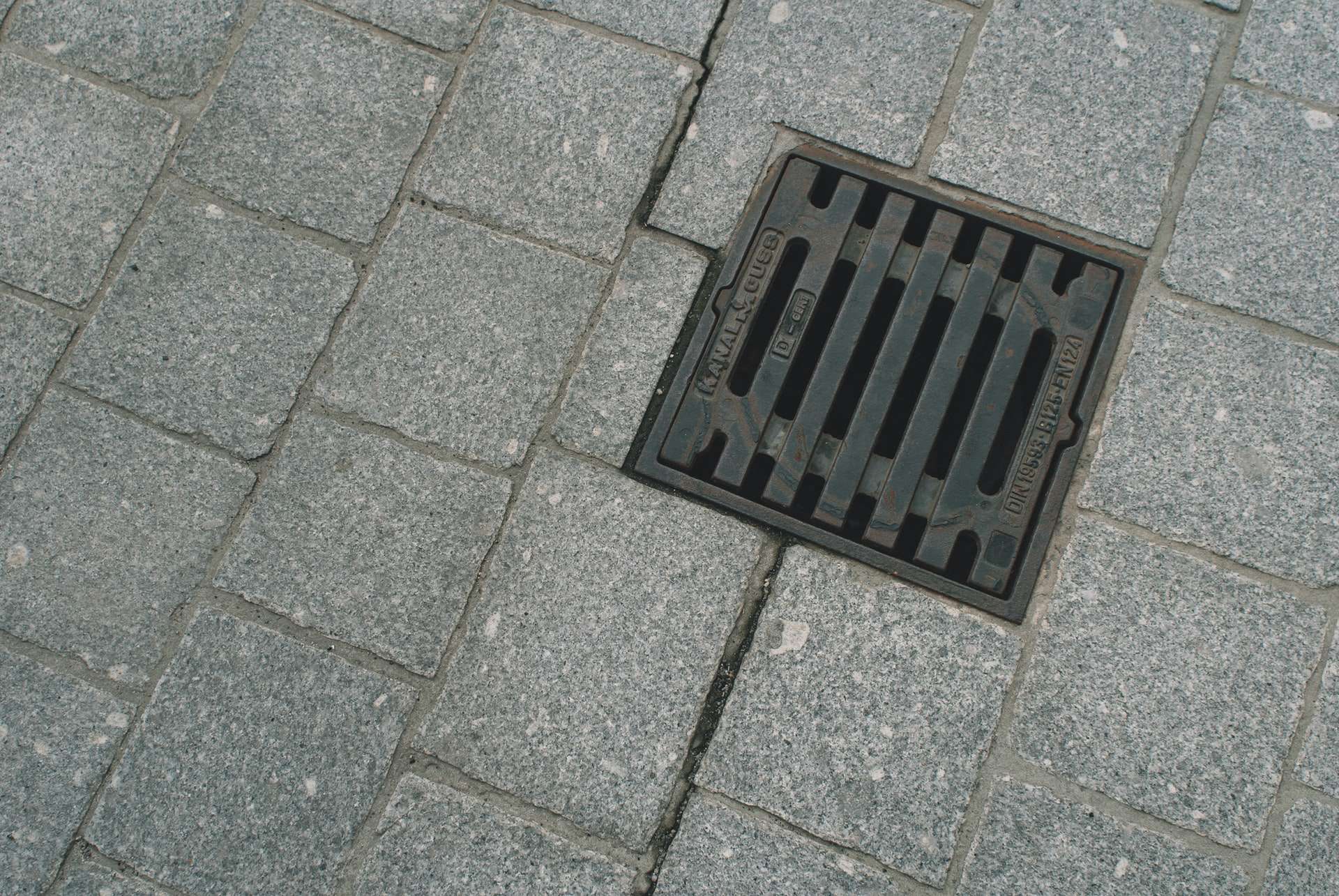Drains in the home play an essential role in keeping your pipelines in tiptop shape. They catch unwanted debris that may block or damage the lines. That is why there are some things that you should not flush down the drain because they will cause a lot of headaches in the future.
However, homeowners often neglect drains and would only receive attention when they are clogged. Calling professional plumbers to unblock your drain is the best course of action. But if you’re unable to reach one at the moment, here are some drain unclogging strategies that can help you.
1. Arm Yourself with the Right Plunger
Plungers work to unclog drains through physics—Boyle’s Law, to be exact. Once the plunger seals the drain opening, it uses the air pressure you apply when you push down to force the water downward. All plungers use the same principle, but not all plungers are created equal. There are plungers for clogged drains, toilets, and more.
How to Properly Use a Plunger
Follow these simple steps to effectively and efficiently clear clogs with a plunger. Just make sure that you’re using the right plunger.
- Pour warm or hot soapy water down the clogged drain. Make sure that there is enough water to submerge the plunger’s head.
Warning: If your toilet is clogged, don’t flush it. You need the water around the plunger’s head to create a seal around the opening.
- Cover the splash zone with newspaper for easy cleanup afterward.
- Start gently plunging without breaking the seal. The air pressure that the plunger makes will do all the work for you.
When it seems like the plunger is not doing anything at all, don’t resort to wire hangers, plumber snakes, or chemical cleaners, especially when unclogging your toilet. Turn the silver knob underneath the sink or toilet to turn off the water source. Then, call your local plumbing professionals.
2. Use the Appropriate Tool for the Job
Unclogging drains in a pinch will be so much easier if you use the right tool for the job. Take the case of plumber snakes. They may not be the best tool for unclogging toilets, but they are ideal for clearing shower drain blockages. This tool makes direct contact with the obstruction to clear it away.
How to Use a Plumber Snake the Right Way
Clearing drains with a plumber snake is easy. Just follow the steps below.
- Wear disposable gloves because this is going to be a bit messy.
- Remove your shower’s drain stopper. The snake needs to enter the drain directly to unclog it.
- Get your plumber snake and feed its cable in the drain until you feel that it hit the obstruction.
- Turn the handle clockwise. The plumber snake’s coils will catch the clog.
- When you feel that you got every bit of the obstruction, gently pull the snake out.
- Remove the debris from the coils and test if the drain is working as it should.
- If you think that there are more obstructions in the pipes, do the whole process again.
In case you can no longer fish out any debris in the drain, there may be other issues at play. Contact your local plumbing company and let them get to the bottom of your home drain problem.
3. Apply Non-Toxic Drain Cleaners
Caustic drain cleaner uses chemicals to eat away the drain clogs. Typically, these cleaners are used to dissolve the grease and sludge that is left in your kitchen sink. Although drain cleaners are easy to use, they are very dangerous, so be careful when handling them. To get around this issue, you can buy non-toxic drain cleaners or make your own.
How to Make Homemade Drain Cleaners
There are a lot of homemade drain cleaners that can unclog your drains. One of the most popular cleaners uses baking soda and vinegar as its main ingredients. Below are the steps to make it:
- Pour ½ cup of baking soda and ½ cup of vinegar down the drain.
- Put the drain plug back and let it do its thing for an hour at the very least.
- Pour hot water down the drain to flush out the vinegar, baking soda, and clog.
Many home DIY enthusiasts swear by this homemade drain cleaner, but they say to repeat the process when necessary. Still, if the clog persists, call your local plumber for some much-needed assistance.
4. Reset the System
Resetting the system is an option that is only available for garbage disposal clogs. Garbage disposal units are electrical devices that are attached to your sink between the drain and the trap. These devices use spinning disks that force the food waste to a chamber that grinds them into bits. These food bits are then sent to the wastewater treatment plant through your home’s plumbing system.
How to Reset a Garbage Disposal Unit
There are many reasons why your waste disposal unit is clogged. But when your sink is blocked, the unit is automatically switched off, and you can no longer turn it on; resetting the system can put it back in working order.
- Turn off your garbage disposal unit’s power source. You can either unplug the device or power off the circuit breaker.
- Try to switch the unit on to ensure that the device is truly out of commission.
- Use a flashlight to inspect the drain of possible clogs.
- When you see a clog, use tongs to remove it.
Warning: Never put your hand down a disposal unit. It can cause severe injuries.
- If the clog persists, use an Allen wrench or a Hex-Torx key to move the socket wrench at the bottom of the waste disposal unit. Moving the socket continuously can dislodge the clog.
Warning: Don’t use chemical cleaners or plungers to unclog the sink where the unit is attached because they may damage the system.
- When you think the drain is unclogged, replace the socket.
- Place the unit back to its power source and test if the system is working again.
If there is still a clog after resetting the system, you may want to call your local plumbing company. They’ll know what to do to get the unit up and running again.
Conclusion
A clogged drain is one of the things that every homeowner will inevitably face sometime in the future. But tackling drain clogs becomes a breeze when you have the appropriate plunger, the proper tools, and enough knowledge.
However, if you can’t handle the clog, know that you can always ask for help. Requesting assistance from companies that offer professional plumbing can save you from a lot of stress and expenses compared to stubbornly doing it yourself and causing more harm than good to your plumbing system.
Are you looking for professional plumbers in Glendale, CA, for your clogging issues? Candu Plumbing & Rooter is at your service! Our experienced and knowledgeable plumbers can meet all your plumbing needs. Contact us today!

